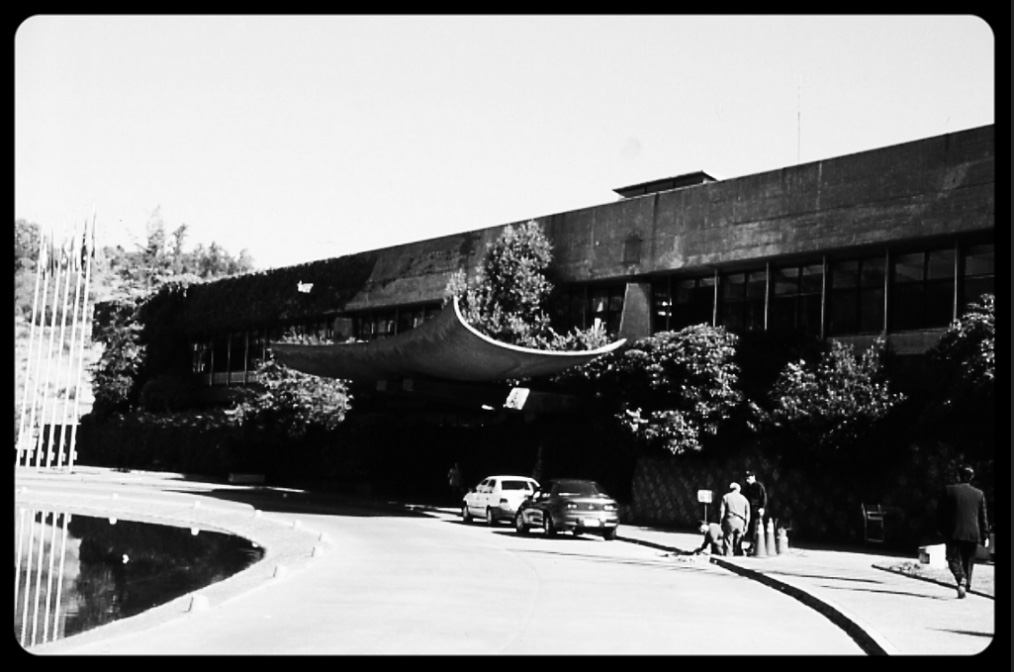History of ECLAC

The Economic Commission for Latin America and the Caribbean (ECLAC), one of the five regional commissions of the United Nations, was established in 1948 with the aim of working with the governments of the region to improve standards of living and strengthen trade relations between member States and the rest of the world. ECLAC carries out this work through two main activities: thorough and rigorous research on the economy and on environmental and social development; and technical cooperation and assistance in response to needs identified by governments.
The development model put forward by ECLAC —today a rich intellectual legacy— takes a structuralist approach defined by an enduring concern for equitable growth, technical progress and social justice. It also includes a continuous effort to monitor emerging global issues and certainty of the need to address matters such as sustainable development, climate change and energy security and, in the social sphere, concerns related to gender, young people and ethnic minorities in light of today's changing world.
ECLAC thinking has kept pace with the profound changes in complex global, regional, national and local realities. From its earliest years, ECLAC developed a unique structuralist analytical methodology which is recognized throughout the region and around the world. With the arrival of Executive Secretary José Manuel Salazar-Xirinachs, from Costa Rica, in October 2022, ECLAC has defined 10 priority policy areas for transforming the development model in the region: promoting productivity, productive development, employment and inclusive growth; reducing inequality; universalizing social protection and improving the welfare state; improving education and vocational training; promoting gender equality and the care society; promoting sustainability and climate change adaptation and mitigation; digital transformation; suitable migration management; promoting regional and global economic integration; and macroeconomics for development. The strengthening of governance, management, coordination, planning, institutional quality, social dialogue and participation is a cross-cutting objective.
To learn more about the short-, medium- and long-term vision of ECLAC for the region's challenges with regard to comprehensive development, we recommend reviewing the position documents presented by the Commission to member States at its biennial sessions. We also suggest reviewing the development of ECLAC ideas in the documents produced by former Executive Secretaries and the emblematic publications selected for the research guide "75 years of ECLAC and ECLAC thinking".
Historians identify eight stages in the work of ECLAC:
- The origins of ECLAC and the 1950s: the centre-periphery model and industrialization
- The 1960s: structural reform for regional development
- The 1970s: development models in Latin America and the Caribbean
- The 1980s: the debt crisis
- The 1990s: productive transformation with equity
- The 2000s: globalization, development and citizenship
- The 2010s: equality at the centre of sustainable development
- The 2020s: transformation of the development model to be more productive, inclusive and sustainable